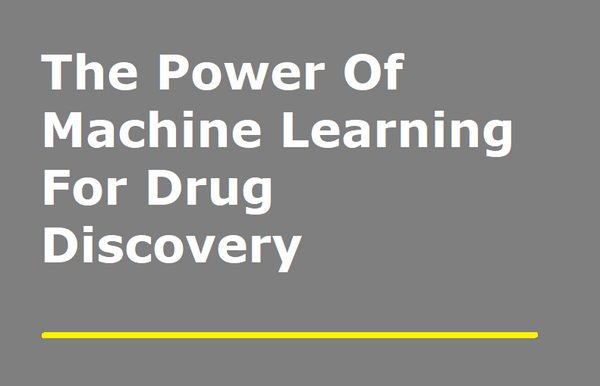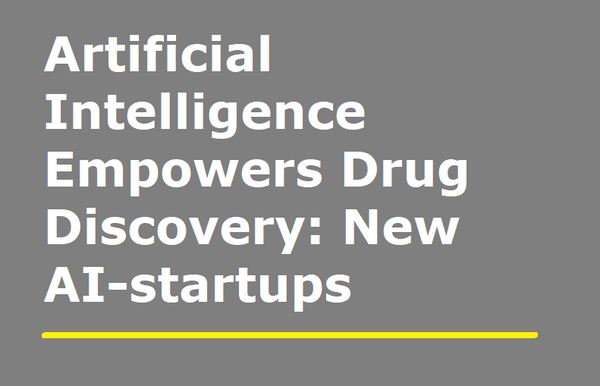The Increasing Role of CROs in the Pharmaceutical Industry
(Last updated: July 2023)
Pharmaceutical companies are increasingly outsourcing research activities to academic institutions, tech-driven companies, and private contract research organizations (CROs) as a strategy to stay competitive and flexible in a world of exponentially growing knowledge, increasingly sophisticated technologies and an unstable economic environment.
What is a CRO in pharma?
A Contract Research Organization (CRO) in pharma is an entity that offers outsourced services to other organizations in managing various aspects of clinical trials and complex medical testing procedures. As an approach to streamline costs associated with research and development, it has become a pivotal strategy for businesses navigating the evolving terrain of the medical device and pharmaceutical industry. Clinical outsourcing, as this process is referred to, enables the company contracting these services to leverage the expertise of external researchers, thereby conserving resources by circumventing the need for in-house staff or the associated infrastructure. The responsibilities of a CRO encompass a broad spectrum of services, ranging from project management, data management, clinical study management, and research compliance to strategic planning consultation, market research, product commercialization, and medical writing. CROs are increasingly being utilized by a variety of entities including biotechnology, medical device, and pharmaceutical industries, in addition to universities, government organizations, and foundations. They ensure resource allocation, manage logistics, offer support for audits or FDA inspections, and ensure that study monitoring, patient recruitment, and site management are conducted to the highest standards. By mitigating the financial and logistical challenges of research, CROs offer a dynamic solution to organizations in the pursuit of advancements within the medical sphere.
The evolution of Contract Research Organizations (CROs) stems from the mid-20th century. Companies like Huntingdon Life Sciences and Charles River Laboratories came into being during the 1940s and 1950s, addressing the growing demand in the pharmaceutical sector. However, the modern shape of the CRO industry began to crystallize in the late 1970s and early 1980s. This period witnessed the establishment of leading organizations such as Quintiles (now IQVIA) and Parexel, which diversified the traditionally confined role of preclinical testing to embrace broader areas like clinical trials, data management, and logistics.
The 1990s represented a significant turning point for CROs. Notably, their share of R&D spend leaped from a modest 4% in the early part of the decade to an impressive near-50% by the mid-2000s. This era also marked a flurry of acquisitions and mergers, contributing to the rise of influential players like Covance, which was spun off from Corning Inc in 1997. Despite navigating a series of controversies concerning animal welfare and ethical integrity, the CRO industry has remained resilient and has continued to expand. Today, CROs are pioneering cost-efficient strategies, such as adaptive clinical trials, and facilitating the globalization of clinical research.
Preclinical CRO services are expanding
While traditionally, CRO companies were focused on managing clinical trials, there is an increasing tendency in the pharmaceutical industry to also outsource early drug discovery and preclinical drug development tasks to external organizations.
A preclinical CRO is an independent entity specializing in managing the complexities inherent to the preclinical phase of drug development, employed by pharmaceutical organizations. Preclinical CROs offer their expertise in the multifaceted management of this initial stage of the process, which may include selection of suitable animal models or alternatives, and the execution of toxicity assays. The goal for a pharmaceutical organization in engaging a preclinical CRO is the efficient progression of a potential drug to the market, especially given the expensive nature of the preclinical phase and the specific skill sets it requires, which may not be readily available within the company. Within the competitive field of medical research, where the process of bringing a new drug to market may span approximately a decade, preclinical CROs can facilitate and accelerate this process. Services offered by these organizations span project management, data collection, medical testing, toxicology, regulation compliance, safety reporting, and quality analysis, with some CROs offering specialized expertise in certain fields.
Beyond classical CROs in pharma, big and small, there is a growing wave of technology-first drug discovery companies which offer specialized contract research services to other organizations. Such tech-enabled companies include artificial intelligence (AI)-driven platform companies, able to provide ‘drug candidate as a service,’ or ‘modeling as a service’ offerings. There is also an interesting segment, robotized remote labs for ‘off-the-shelf’ preclinical experimentation, a new category of tech-enabled CRO-like companies in pharma, including Strateous, Emerald Cloud Labs and others.
CRO companies are thriving in pharma industry
According to a 2021 report by Clearwater International, the global CRO market will potentially rise to a $60.8 billion industry by 2024, exhibiting the current rate of market growth of around 7.9% CAGR. Getting ideas and expertise from external sources is a well-established practice in the pharmaceutical industry with about one-third of all drugs in the pipelines of the top ten pharmaceutical companies initially developed elsewhere, according to a 2014 WSJ article by Jonathan D. Rockoff.
A recent BiopharmaTrend report reveals evolving roles of CRO in pharma and the ongoing trends in this industry. For instance, the CRO industry is quite dispersed, encompassing over 1000 entities, but only a handful of them offer global full-service capabilities. The bulk of the market is predominantly ruled by a select group of significant players such as Covance, IQVIA, Syneos Health, Parexel, PPD (later acquired by ThermoFisher), PRA Health Sciences, Charles River Labs, Wuxi Apptec, and Medpace. Research conducted by the Tufts University Center for the Study of Drug Development (CSDD) highlights that in 2018, about 57% of the outsourcing spend was enjoyed by the top 10 CROs.
Topics: Contract Research




